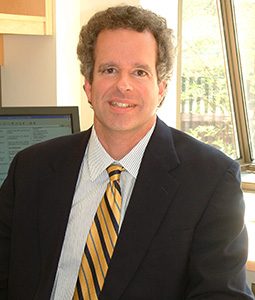The United States in its Role as Leader of the West: A Historical, Philosophical, and Policy Perspective
Wednesday, February 23 | 7:00 PM – 8: 30 PM ET

In today’s world, the chief spiritual and intellectual inheritance of Western civilization includes respect for human dignity, individual liberty, representative constitutional government, property rights, and the rule of law. Since the early part of the twentieth century, the United States has played a key role through its foreign policy and military power in upholding the kind of international order in which these values can flourish globally.
This discussion will elucidate the multiple ways in which the United States has deployed its foreign policy, military and economic power, and diplomatic strategy over the past century to defend the values intrinsic to Western civilization against threats from hostile powers. The need for the United States to continue doing so will be greater than ever in a world shaped by a rising China, radial Islamic fundamentalism, and numerous other actor eager to weaken and destroy the West.
Space is limited!
This discussion will be based on primary texts. Please read these documents prior to the seminar: Discussion Documents
Professor Alberto Coll
 Before joining DePaul University College of Law, Dr. Alberto R. Coll served for five years as dean of the Center for Naval Warfare Studies, the U.S. Navy’s foremost strategic research center. A cum laude graduate from Princeton University in history, earned his JD and PhD in government and foreign affairs from the University of Virginia. In 1982, Professor Coll joined the faculty of Georgetown University, and in 1986 was appointed secretary of the Navy senior Research Fellow at the Naval War College. From 1990 to 1993, Professor Coll was principal deputy assistant secretary of defense, serving in the Pentagon office that oversaw the Defense Department’s policy, strategy and $3 billion budget for special operations forces and “low-intensity” conflict, including counterterrorism. At DePaul, he teaches courses on international law, international human rights, U.S. foreign relations, terrorism, international trade and Latin America.
Before joining DePaul University College of Law, Dr. Alberto R. Coll served for five years as dean of the Center for Naval Warfare Studies, the U.S. Navy’s foremost strategic research center. A cum laude graduate from Princeton University in history, earned his JD and PhD in government and foreign affairs from the University of Virginia. In 1982, Professor Coll joined the faculty of Georgetown University, and in 1986 was appointed secretary of the Navy senior Research Fellow at the Naval War College. From 1990 to 1993, Professor Coll was principal deputy assistant secretary of defense, serving in the Pentagon office that oversaw the Defense Department’s policy, strategy and $3 billion budget for special operations forces and “low-intensity” conflict, including counterterrorism. At DePaul, he teaches courses on international law, international human rights, U.S. foreign relations, terrorism, international trade and Latin America.